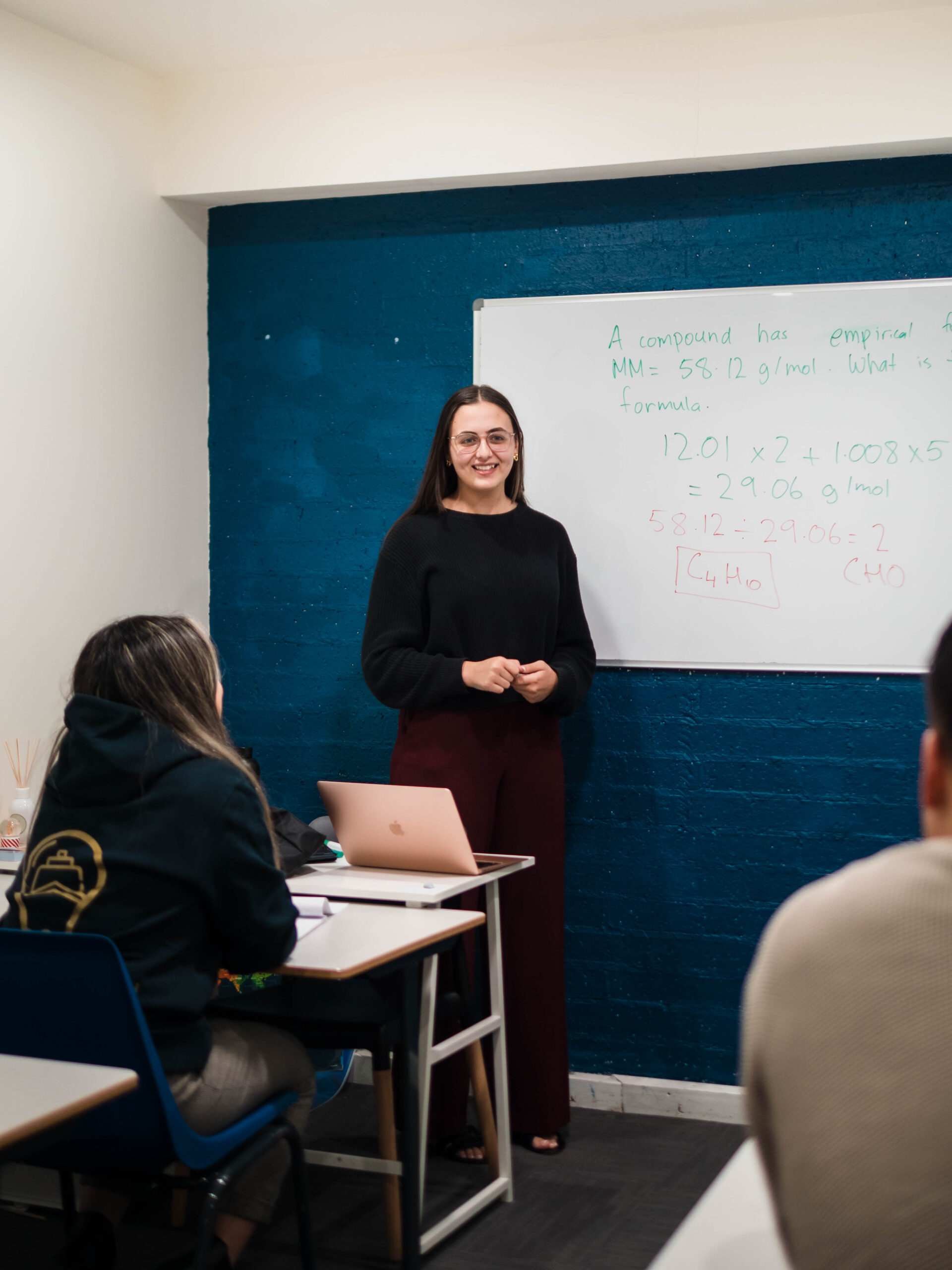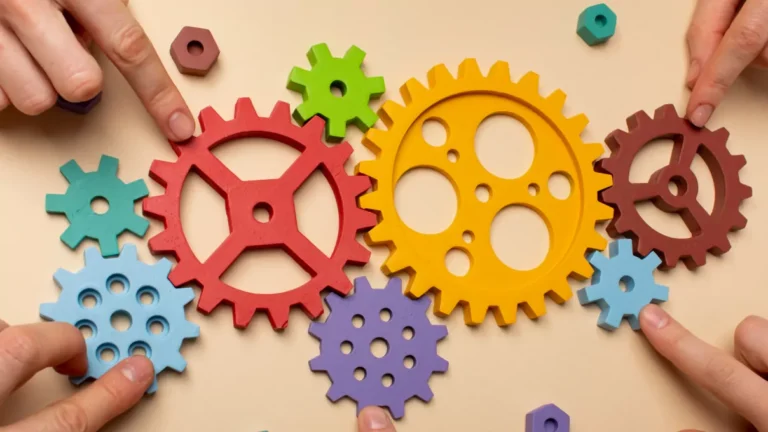How to Use School Reports to Build Your Child’s Confidence and Academic Success
Introduction
School reports can be an emotional moment for both parents and students. They summarise months of hard work, showing what’s going well and where improvements are needed. For some children, opening their report can feel like opening a present—full of excitement and pride. For others, it may spark anxiety, disappointment, or self-doubt.
Here’s the truth: a school report is not just a scorecard—it’s a tool. Used well, it can help your child not only improve academically but also build self-belief that will serve them far beyond the classroom. Confidence is the secret ingredient that drives learning, and Term 3 is the perfect time to nurture it. With one term left in the year, there’s still plenty of opportunity to make meaningful progress before the long summer break.
In this article, we’ll explore practical ways you can turn your child’s school report into a stepping stone for growth, motivation, and confidence—ensuring they are ready to finish the year strong.
Start with a Positive Conversation
The way you react to a report can set the tone for your child’s mindset. Begin by focusing on the wins—whether it’s an improvement in maths, more participation in class, or a teacher noting their positive attitude. Recognising these achievements shows your child that you see their efforts, not just the grades.
For example:“I’m really proud of how your reading comprehension improved—your hard work is paying off!
A positive start makes your child more open to discussing areas for improvement. This approach reinforces that their worth is not tied to perfection but to learning and growth.
Turn “Weaknesses” into Goals
A disappointing grade or comment from the teacher doesn’t have to crush confidence—it can spark action. Instead of saying, “You need to do better in Science,” reframe it as, “Let’s figure out how we can make Science easier and more enjoyable for you.” Together, set specific, achievable goals, such as:
- Completing all homework by Friday each week
- Practising ten extra maths problems daily
- Asking one question per lesson to stay engaged
Small, measurable steps help your child see progress quickly, which builds both skills and self-belief.
Celebrate Effort, Not Just Results
Children are more motivated when they believe their hard work leads to success.Praising effort encourages a growth mindset—the belief that abilities can be developed through practice and perseverance. This mindset is vital for confidence, especially if your child feels behind in a subject.
For instance: “I noticed you spent extra time revising before your last test—that dedication matters even more than the mark you received.” When children connect effort with improvement, they feel empowered to take on challenges rather than shy away from them.
Provide the Right Support Systems
Confidence grows when children feel they have the tools to succeed. If the school report highlights struggles in certain areas, seek targeted support. This could be:
- Extra tutoring in specific subjects
- Small group learning where they can ask more questions
- Practice materials like workbooks or online quizzes
At Pioneer Education, our small classes of eight students ensure every child gets the attention they need, while one-on-one sessions provide customised learning plans to tackle individual challenges. The right environment can transform frustration into confidence.
Focus on Strengths to Boost Overall Confidence
Academic struggles can sometimes overshadow a child’s talents in other areas.If your child excels in art, sport, or music, encourage them to keep pursuing those passions. Success in one area can spill over into others—helping them approach schoolwork with more optimism.
For example, a child who wins an art competition may suddenly feel more capable tackling an English assignment. Balance is key: celebrate strengths while steadily working on weaker subjects.
Plan short-term wins on each term
Confidence builds faster when children can see real progress in a short time. Work with your child to identify quick wins—things they can improve in weeks, not months. This could be:
- Improving homework completion rates
- Participating in every class discussion for a week
- Achieving a personal best score on a practice test
Short-term successes keep motivation high and prove that change is possible before the year ends.
Conclusion
A school report is more than just an evaluation—it’s a roadmap. By responding with positivity, turning challenges into goals, celebrating effort, providing support, focusing on strengths, and setting short-term wins, you can help your child walk into Term 4 feeling capable and motivated.
At Pioneer Education, we specialise in creating environments where children feel confident, valued, and inspired to succeed. Whether in our small group classes or personalised one-on-one lessons, we help students not only improve their grades but also discover the joy of learning.
If you’re ready to help your child finish the year strong and step into the next with confidence, we invite you to book a free trial class with Pioneer Education today. Together, we can turn their potential into achievement.







